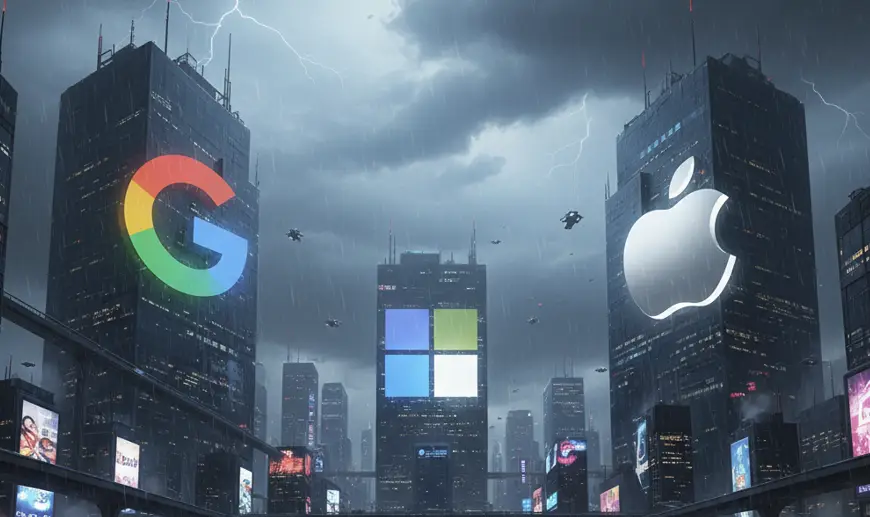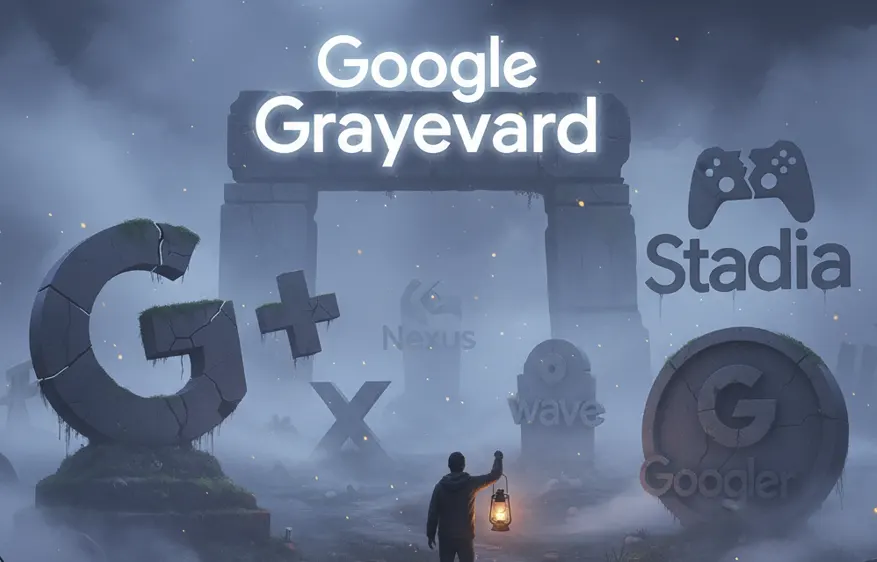For decades, the desktop operating system market has been a story of titans, with Microsoft’s Windows and Apple’s macOS dominating the landscape. Linux has carved out a dedicated, albeit smaller, following among developers and tech enthusiasts. Yet, a compelling “what if” scenario frequently emerges in tech circles: What if Google leveraged its massive resources to launch a true desktop operating system, complete with AAA gaming support, to directly challenge the incumbents? Such a move could fundamentally reshape the landscape of personal computing, but it would face a mountain of skepticism.

The Predicted Market Upheaval
Proponents of this idea envision a seismic shift in the operating system hierarchy. Backed by Google’s financial power and developer ecosystem, a new OS could offer a level of polish and support that few open-source projects can match. The predicted fallout is dramatic:
- Decimation of Niche Linux Distros: An estimated 95% of Linux distributions could be deprecated as users flock to a more polished, commercially-backed alternative.
- Decline of Common Desktop Environments: Mainstays like Gnome and KDE would fade into obscurity as Google’s own desktop environment becomes the new standard.
- A Mass Migration from Other Platforms: Many Windows users could be tempted to switch, especially if offered superior integration with other Google services.
- Apple’s Unwavering Loyalty: In contrast, Mac users are expected to remain almost universally loyal to the Apple ecosystem.
The core of this argument is that a Google OS with AAA gaming support and Windows-level driver compatibility would be functionally superior to what most community-driven Linux distributions can currently offer. This would eliminate the main barriers that prevent many Windows users, particularly gamers, from switching to a Linux-based system.
The Counter-Argument: A “Locked-Down” Dystopia?
However, this optimistic scenario faces significant skepticism. The most prominent fear is that any Google OS would be a “locked down piece of shit.” Critics anticipate a restrictive, walled-garden ecosystem that would stifle the freedom that power users value, noting that projects like Fuchsia and Zircon are currently just “toys”.

This viewpoint is heavily influenced by the trajectory of Android. For example, some users express frustration that to access essential services like banking apps, they must enable features like Play Protect, which can then flag or disable custom-made applications and block adblockers under the guise of security. If a desktop OS were to follow this restrictive model, many believe it would fail to gain serious traction.
The Trust Deficit: Google’s Reputation

Beyond technical concerns, Google’s own corporate track record presents a major hurdle. There’s a palpable lack of trust in the company’s long-term commitment to its products. As one analysis points out, the website ‘Killed by Google’ has chronicled hundreds of discontinued products, leading to skepticism that the company would “keep a desktop OS going.” This history makes both developers and end-users wary of investing in a new ecosystem.
Furthermore, deep-seated privacy issues remain a significant barrier. Google is often described as “the company that is the most invasive regarding privacy.” This reputation for aggressive data collection would likely deter the very users who are most inclined to seek alternatives to Windows and macOS.
An Unlikely Consequence: The Rise of BSD
An interesting, if unexpected, consequence of a Google-dominated Linux landscape could be a renewed interest in BSD (Berkeley Software Distribution). The theory is that if Linux becomes “too popular” and co-opted by a major corporation, the open-source purists would migrate to BSD as the “true open source OS.”
As one opinion puts it, “Google will be the reason BSD starts gaining traction.” This suggests a portion of the tech community would seek refuge in the diverse family of BSD operating systems, such as OpenBSD and FreeBSD, to preserve the community-driven ethos they value.
The Final Analysis: A Compelling but Flawed Idea
While the concept of a polished, gaming-ready Google OS is tantalizing, it faces a steep uphill battle. The effort required for the average person to learn a new OS is a significant barrier to adoption. Many believe that such an OS would be more effective at taking a “huge bite out of Windows marketshare” than at converting established Linux veterans, who value freedom over corporate polish.
Ultimately, the idea of a Google desktop OS remains a fascinating thought experiment. But weighed against the company’s reputation, the formidable challenge of breaking into an established market, and the deep-seated user resistance to a locked-down system, it may be destined to remain just that—speculation perpetually “2 more weeks” away from reality.
What do you think? Could Google successfully launch a desktop OS to rival the incumbents, or are the obstacles simply too great?
What do you think? Could Google successfully launch a desktop OS to rival the incumbents, or are the obstacles simply too great?
